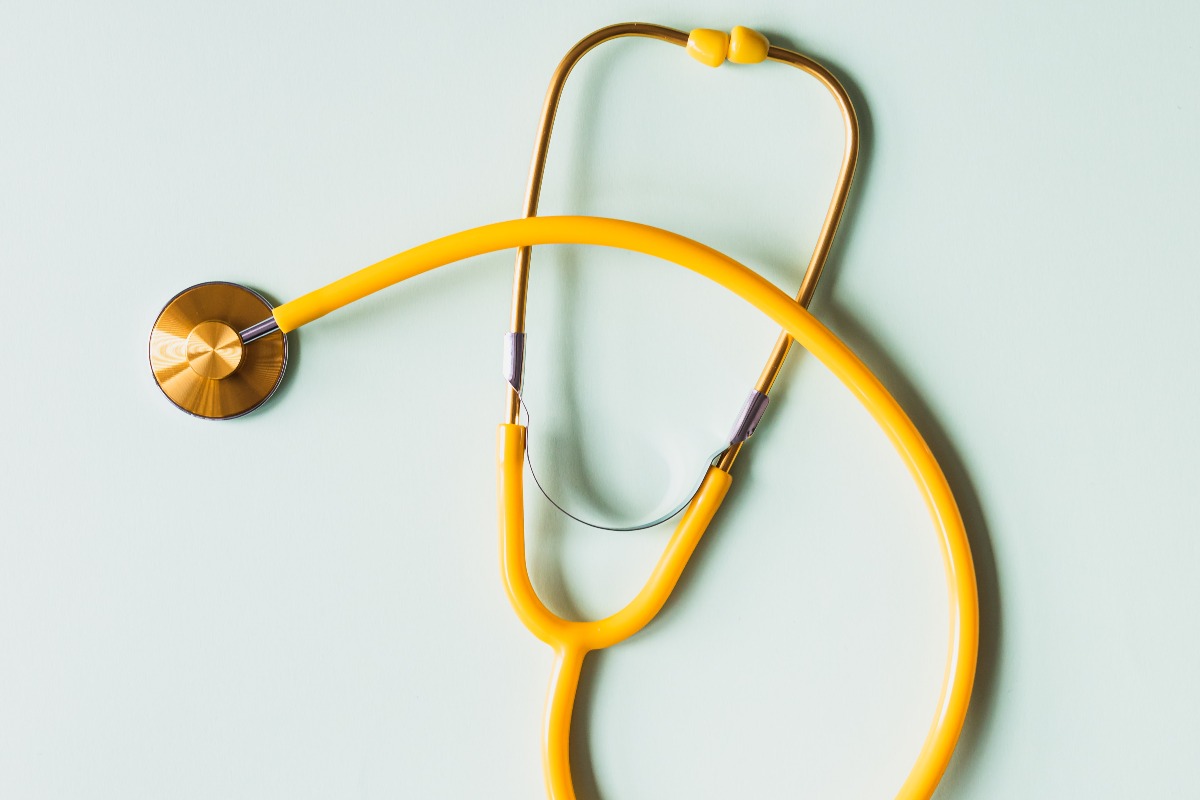How Inpatient Rehab Addresses Dual Diagnoses For Better Client Outcomes
Addiction rarely occurs without an underlying co-occurring mental health condition. For example, peer pressure can be a factor, but unaddressed trauma can commonly be a deep culprit. When these occur simultaneously, it is clinically referred to as a dual diagnosis. A dual diagnosis should be professionally treated simultaneously to achieve the best client outcome. Restoration Recovery offers dual diagnosis care in its inpatient rehab program. By treating both conditions, the root of addiction can be professionally addressed while providing clients with the coping skills needed once treatment is completed
What Is Inpatient Rehab?
Depending on the severity of one’s condition, a dual diagnosis can be very difficult to treat. Not everyone responds to treatment the same. Taking time to research various treatment options can be beneficial at the start of one’s process. Inpatient rehab can be a highly effective treatment route to participate in. An inpatient rehab program can also be known as residential rehab. This is a professional treatment that requires an individual to stay at the facility chosen to receive their plan of care. Some individuals stay at the facility 24/7 while they follow a structured program. Inpatient rehab can be a great choice for individuals seeking care to safely recover from substance use disorder (SUD) and co-occurring mental health disorders.
To start, an individual may get in touch with an addiction specialist to develop an individualized treatment plan. This can be helpful as one may receive a more personalized and focused care plan for increased success outcomes. Staff members may monitor clients during medical and psychiatric evaluations for additional emotional and professional support as well.
Benefits of Inpatient Rehab for a Dual Diagnosis
As stated previously, it can be challenging to manage a dual diagnosis. Participating in an inpatient rehabilitation program can significantly help. Whether addiction led to a co-occurring mental health condition or an untreated mental health condition triggered an individual to use substances, seeking professional help is always advised. The benefits of inpatient rehab may include:
- Inpatient detoxification
- Increased probability of success
- Broader support system through professional staff and peers
- Consistent supervision
- Structured schedule to help one maintain treatment
- Increased self-esteem and better focus on recovery
Signs an Individual May Need Dual-Diagnosis Care
According to MedlinePlus, although frequent, an individual may be diagnosed with a dual diagnosis if they have a mental health disorder and problems with drinking alcohol or misusing drugs. Based on recent research, approximately 50% of individuals who have a mental health condition were found to be facing challenges with substances at one point in their lifetime. The knicks of the two conditions can worsen each other over time. Each condition will have their own symptoms specific to the diagnosis. Symptoms may vary widely. Some signs an individual may need dual-diagnosis treatment can consist of:
- Social withdrawal from friends and family
- Difficulty concentrating on important tasks
- The abrupt change in one’s behavior
- Experiencing a high tolerance to substances
- Feeling an intense urge to use certain substances
- Experiencing extreme shifts in mood
- Difficulty functioning academically or in the workplace
- Relationships problems
- Experiencing thoughts of harm or suicide
Seeking Care and Support for a Dual Diagnosis
Choosing to move forward with dual-diagnosis treatment can be a big step for some individuals. For many, it can be a confusing transition phase. It is common for some individuals to experience slight feelings of discouragement due to a lack of direction moving forward. Taking time to research local facilities can increase convenience in several different areas. This commonly includes location, family, and community outreach. Professional and emotional support is crucial to achieving long-term recovery.
When a loved one heals, so do their close surroundings such as friends, family, and spouse. It is important for an individual to let loved ones in and accept a helping hand during the transition into treatment. An individual may find improvement in various areas of their life. Committing to dual-diagnosis treatment can help individuals find balance overall. One may find they have greater self-esteem, improved relationships, and an increased ability to concentrate in school or their workplace. Cravings and triggers may always be a part of an individual’s day-to-day life, but certain strategies learned in treatment can help individuals appropriately respond rather than experience a substance relapse or suicide attempt.
Moving Forward With Restoration Recovery
Restoration Recovery schedules an intake process that can be helpful in determining an individual’s direct plan of care. For example, an addiction facility may screen an individual for psychiatric disorders before developing a proper treatment plan moving forward. Restoration Recovery uses various treatments in its inpatient rehab program to care for individuals facing challenges with their dual diagnosis. Our facility offers evidence-based therapy approaches that have been proven to be effective. A few treatment modalities offered include:
- Trauma therapy
- Group therapy
- Dialectical behavior therapy (DBT)
- Cognitive-behavioral therapy (CBT)
- Medication-assisted treatment (MAT)
It can be difficult to manage a dual diagnosis alone. Choosing to move forward with an inpatient rehab program can appropriately address a dual diagnosis for better client outcomes. At our California recovery center, our serene setting helps clients achieve not just wellness but wholeness. Our facility understands that co-occurring disorders often interact, which can affect the course of treatment prognosis. We are a dual-diagnosis treatment center in California with programs designed to address the person as a whole. Our mission is to help people struggling with substance use disorder, mental health disorder, or dual-diagnosis achieve long-term sobriety by offering treatment options that heal the mind, body, and spirit. Call us at (888) 290-0925 today.






